Researchers engineer a hydrogel that recapitulates biophysical changes in the tissues surrounding tumors to investigate how stiffness impacts the mobility of invasive and non-invasive cancer cells.
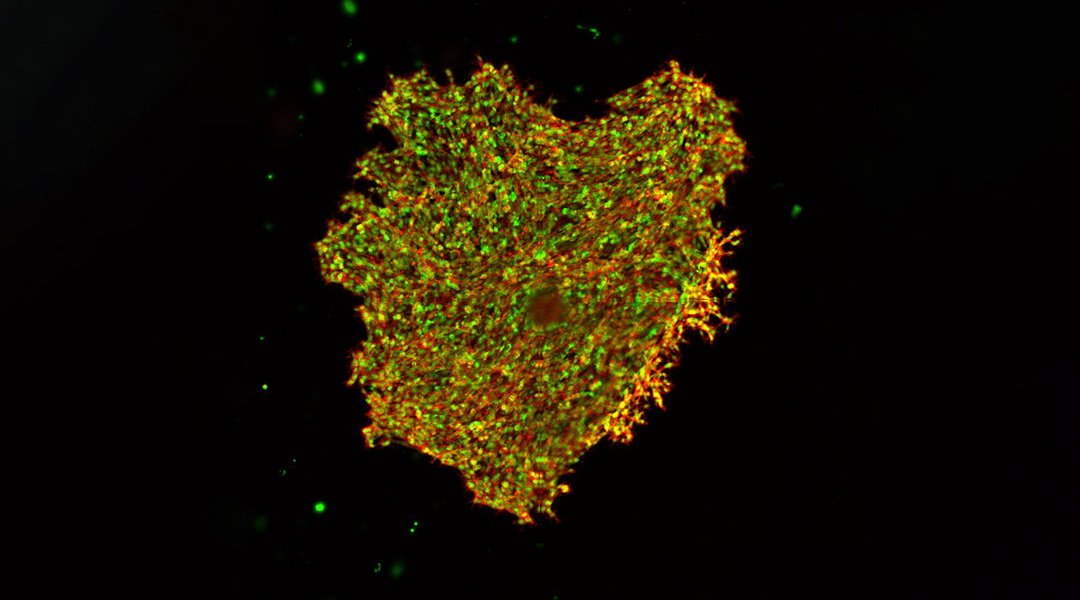

Researchers engineer a hydrogel that recapitulates biophysical changes in the tissues surrounding tumors to investigate how stiffness impacts the mobility of invasive and non-invasive cancer cells.
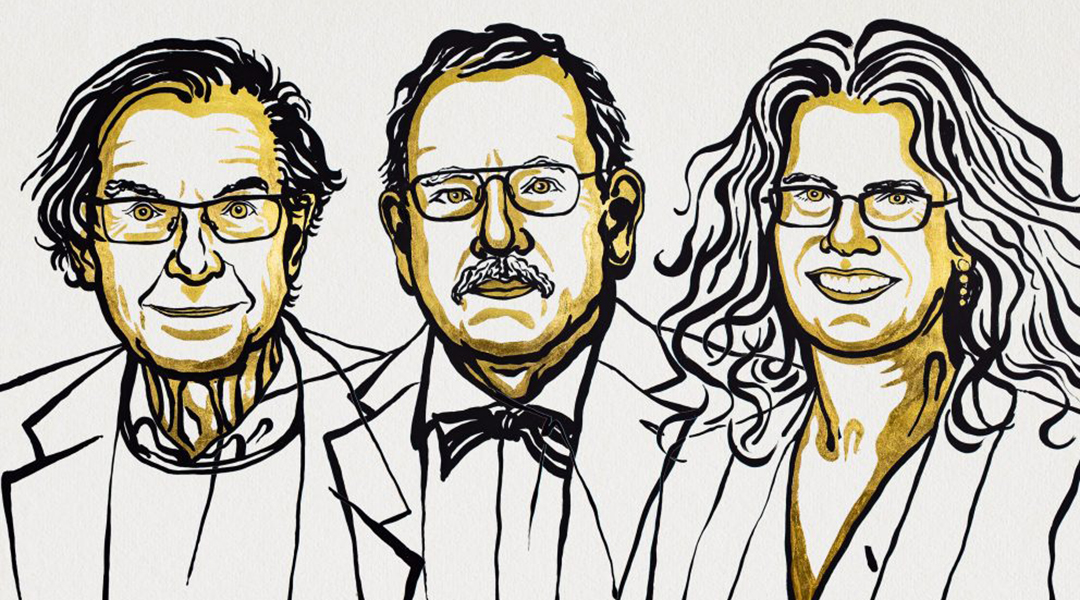
Three laureates share this year’s Nobel prize in physics for their discoveries about one of the most exotic phenomena in the universe: the black hole.
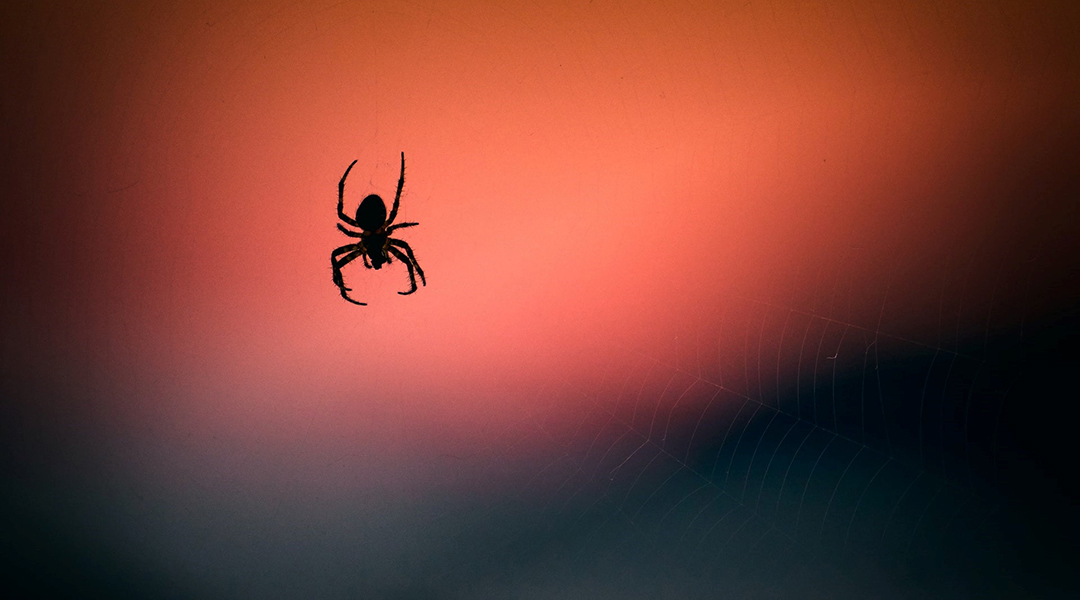
New research is uncovering the importance of small predatory species in shaping ecosystems and managing threatened populations.
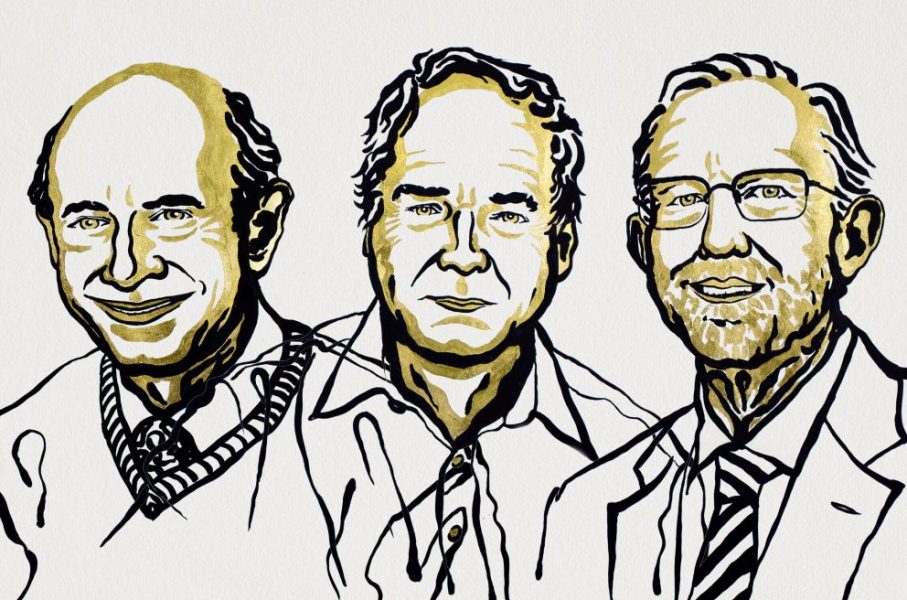
This year’s Nobel Prize in Physiology or Medicine recognizes the achievements made in identifying and treating hepatitis C.
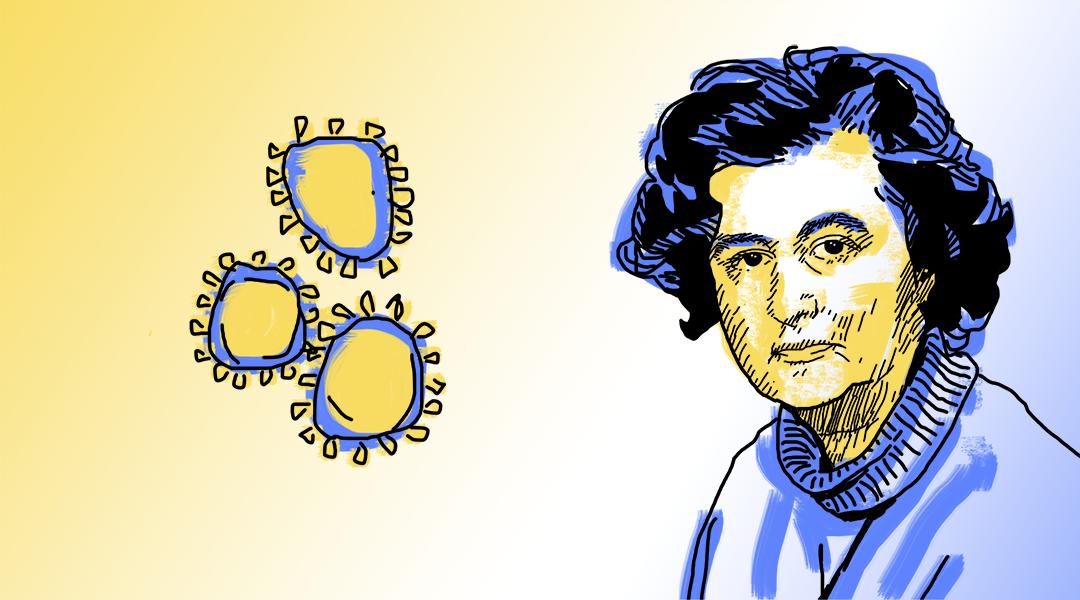
No formal scientific education, a single mother, author of 103 scientific papers, the first person to see a corona virus, June Almeida was a tour de force.
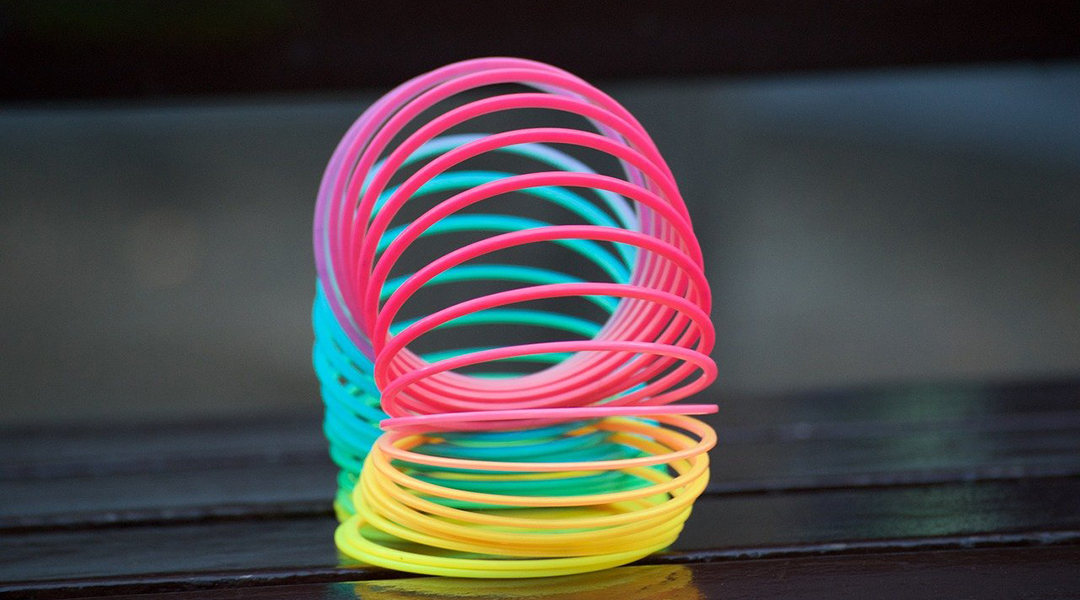
Researchers at Hokkaido University call into question the strong and stable image of the carbon-carbon single bond.
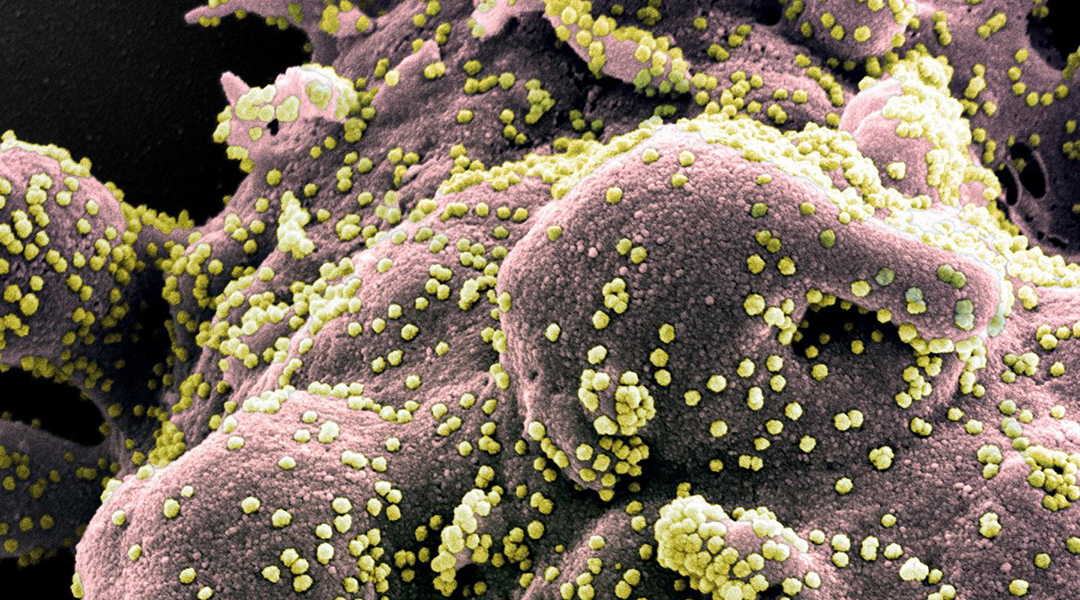
A small trial indicates that Moderna’s experimental SARS-CoV-2 vaccine is effective and safe in older adults, a population group most vulnerable to severe COVID-19.
Could a new understanding of silicon surfaces someday revolutionize semiconductor technologies?
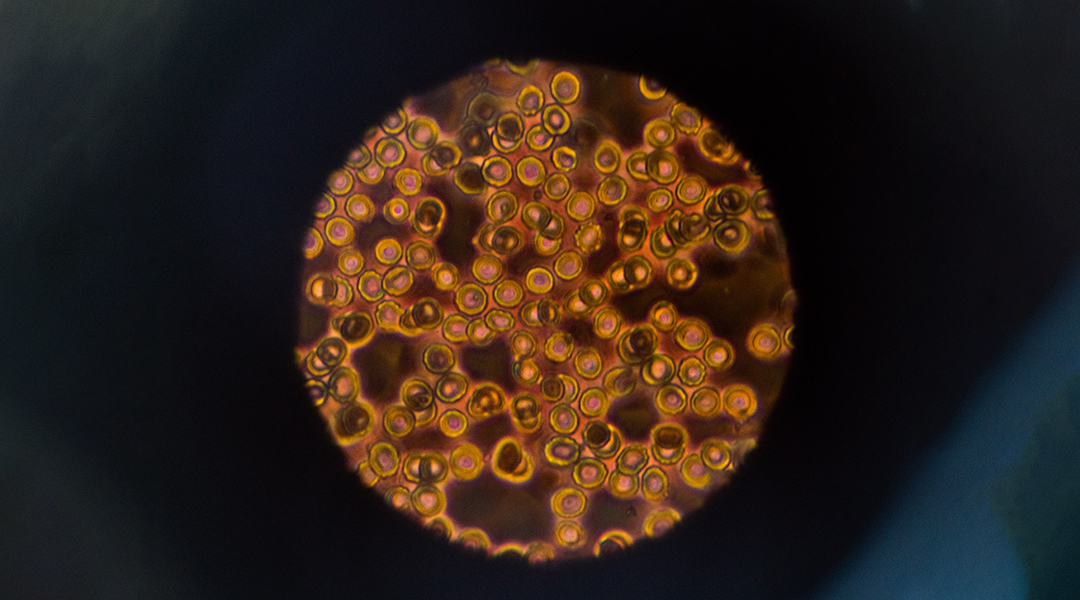
A new mechanism to produce powerful biodegradable elastomers with a promising future in tissue regeneration.
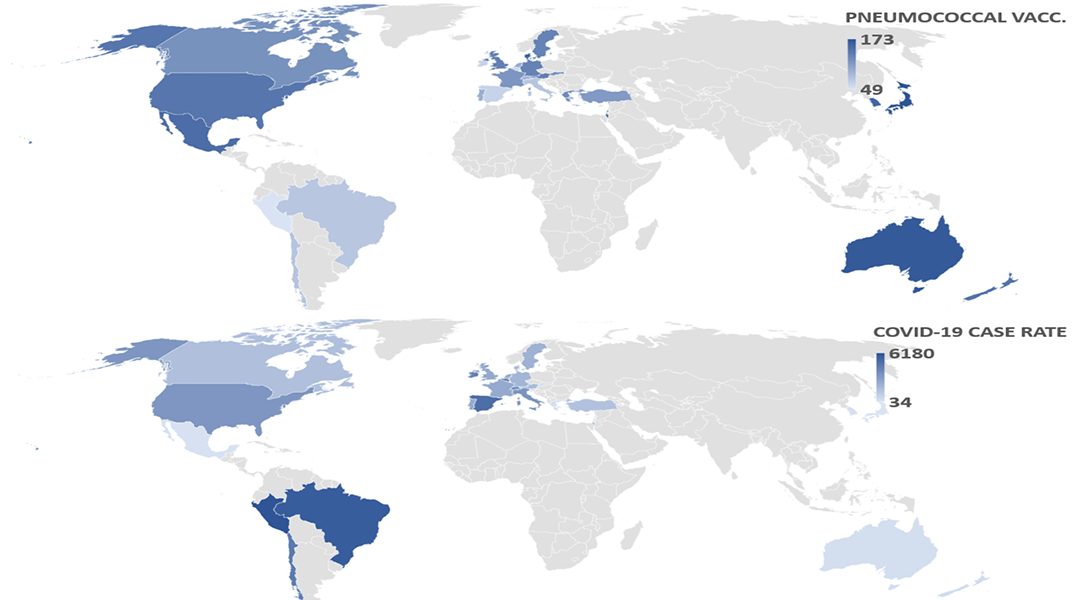
Where pneumococcal vaccination rates are high, COVID-19 cases are low and vice-versa.